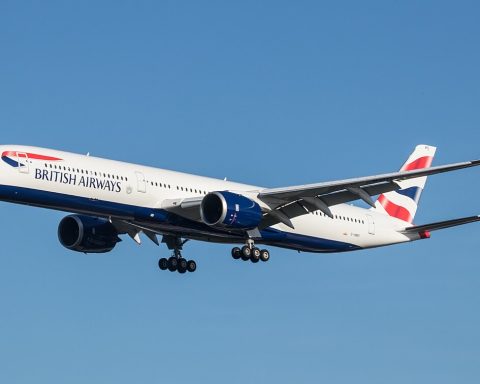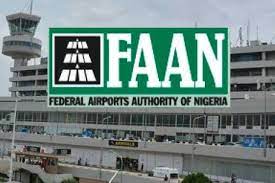The Nigerian aviation market has become a cash cow for foreign airlines, with 18 international carriers operating over 200 weekly flights and raking in an estimated $1.7 billion annually. This staggering revenue comes at a time when Nigerian airlines are struggling to stay afloat, controlling a mere 9.96% of the market share.
The Dominant Players:
Join our WhatsApp Channel– Ethiopian Airlines: Leads the pack with 8,275 weekly seats and 27 frequencies, operating daily flights to four Nigerian cities with plans to increase Abuja frequencies to 10 per week.
– Emirates Airlines: Offers over 6,300 seats weekly from Dubai to Lagos and Abuja, solidifying its position as a major player.
– KLM Royal Dutch Airlines: Maintains 21 frequencies with nearly 6,000 seats, while British Airways operates 14 frequencies with close to 5,000 seats.
The Struggling Local Carriers:
– Air Peace: The largest Nigerian airline, provides 4,340 seats weekly, mostly on regional routes, and plans to expand to London Heathrow.
– Ibom Air: Offers daily Lagos-Accra service with 630 seats weekly.
– Overland Airways: Connects Lagos to Freetown and Banjul with 528 seats weekly.
The Consequences:
Aviation experts warn that Nigeria is suffering significant capital flight, with foreign airlines repatriating most of their ticket sales in hard currency, further straining the country’s foreign exchange reserves. For instance, Economic analyst, Bismarck Rewane, once onderved that only five of Nigeria’s 23 domestic Airlines constribute 75 per cent of the air trraffic.
Industry stakeholders urge the federal government to renegotiate Bilateral Air Service Agreements (BASAs), ensure reciprocal slot access, anf support Nigerian airlines through fleet renewal programs and infrastructure upgrades.
The Future:
Prime Business Africa reports that unless Nigeria accelerates reforms, the dominance of foreign operators is expected to deepen, with 38-39 international airlines flying to over 50 destinations in more than 30 countries. Local carriers must acquire wide-body fleets, form alliances, and gain reciprocal access abroad to bridge the revenue imbalance and reduce dependence on foreign airlines.













